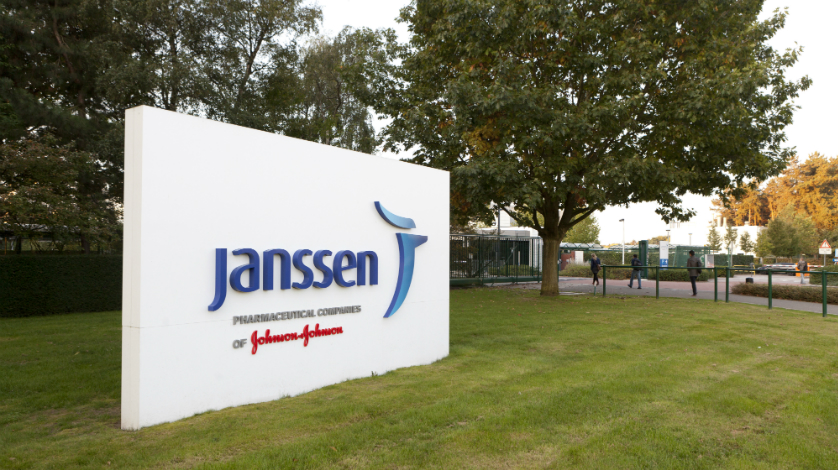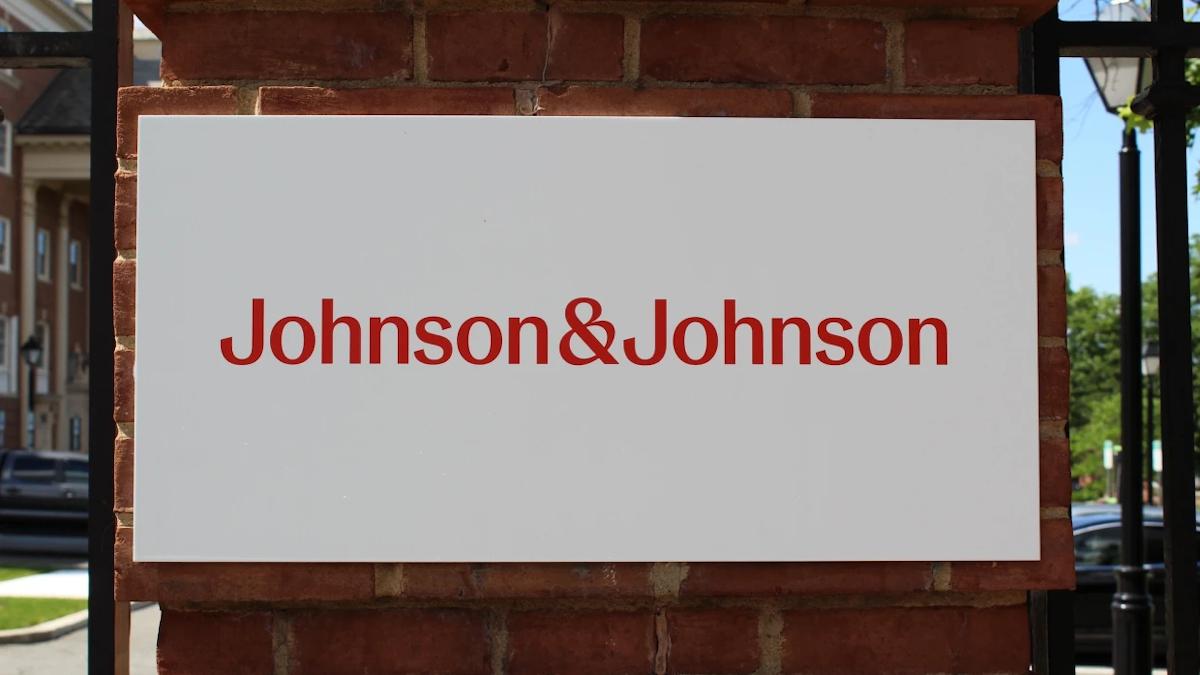J&J claims first approval for PARP combo Akeega

Johnson & Johnson has picked up its first regulatory approval worldwide for Akeega, a fixed-dose combination of a PARP inhibitor and anti-androgen therapy, as a treatment for patients with metastatic castration-resistant prostate cancer (mCRPC),
The drug – which combines J&J’s PARP drug niraparib with abiraterone, the anti-androgen in its blockbuster Zytiga product – has been approved in the EU as a front-line treatment for men with mCRPC tumours that carry BRCA 1/2 mutations.
The approval comes a few weeks after the EMA’s human medicine committee, the CHMP, recommended approval of the drug with a narrower indication than had been sought by J&J’s Janssen-Cilag unit, which will sell the drug in the EU.
The panel limited use of the drug to BRCA-positive tumours, restricting its ability to compete with PARP class leader Lynparza (olaparib) from AstraZeneca and Merck & Co, which is approved for all-comers in this mCRPC setting.
In December, AZ and Merck claimed EU approval for the combination of Lynparza with Zytiga, allowing the regimen to be used without the need to test for mutation status.
Akeega’s approval is based on the results of the phase 3 MAGNITUDE study, which showed that adding niraparib to Zytiga plus prednisone or prednisolone significantly improved radiographic progression-free survival (rPFS) by 47% compared to standard of care in previously-untreated mCRPC patients with BRCA1/2 mutations.
However, Akeega failed to improve rPFS compared to Zytiga alone in mCRPC patients without HRR alterations.
The results showed a trend towards improved overall survival, but no significant effect of the drug combination in mCRPC patients without homologous recombination repair (HRR) mutations, of which BRCA accounts for around half of all cases.
J&J said the results show that it is important to test for mutations in mCRPC patients to ensure “the right patients receive the right treatment.”
The company was hoping the fixed-dose combination would make Akeega a strong challenger to the market leader, but analysts think a more potent adversary for AZ and Merck could come from another PARP drug – Pfizer’s Talzenna (talazoparib) – which showed a 37% reduction in rPFS in an all-comer population when combined with anti-androgen therapy Xtandi (enzalutamide) in the TALAPRO-2 study.
J&J licensed worldwide rights to niraparib in prostate cancer – with the exception of Japan – from the drug’s original developer Tesaro, which was subsequently acquired by GSK. The latter holds rights to the drug in all other indications, including ovarian cancer, where it is sold as Zejula.













